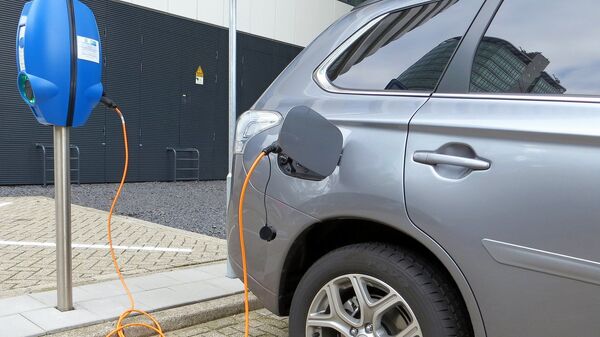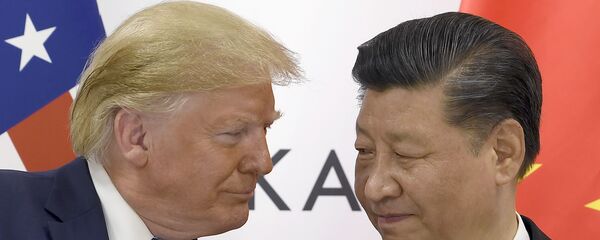The Chinese electric carmaker Li Auto Inc. has announced that it is seeking a whopping $950 million in a US initial public offering (IPO).
In a filing with the US Securities and Exchange Commission late last week, the maker of premium electric sport utility vehicles (SUVs) said that it intends to sell about 95 million shares at $8 to $10 apiece.
According to a term-related document obtained by Bloomberg News, the IPO consists of American Depositary Shares and is expected to price on 30 July.
Li Auto’s offering comes as other manufacturers continue to compete for a foothold in China's electric car sector, with a major such rivalry pertaining to Elon Musk’s Tesla and its Chinese challenger NIO.
Robert Cowell, from the Shanghai-based private equity firm 86Research, was cited by The Straits Times as saying that “the strength in Tesla and NIO shares is creating a window for new electric vehicle start-ups to list”.
Li Auto Inc.’s push for the IPO comes amid heightened tensions between Beijing and Washington over the alleged theft of American intellectual property by Chinese companies and White House accusations against China related to the origin of the COVID-19 pandemic.
The tensions may damage the milestone Phase One trade deal that was signed in January 2020 to normalise bilateral trade ties, which were spoiled by the sides’ tariff row initiated by the US back in 2018.



